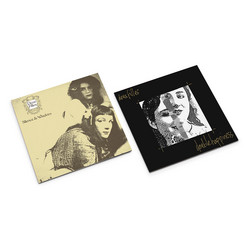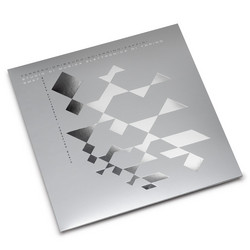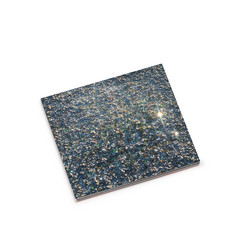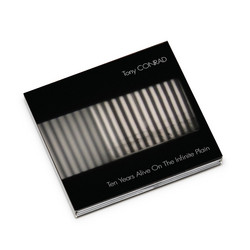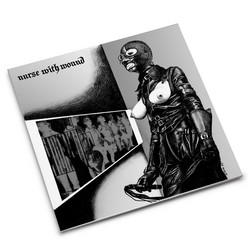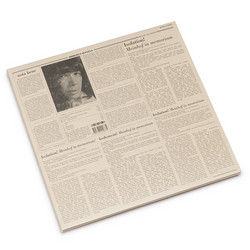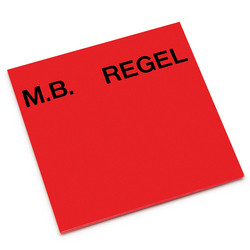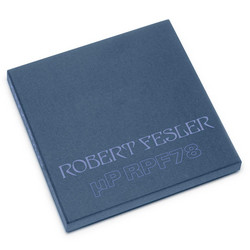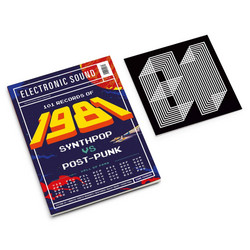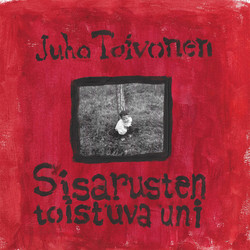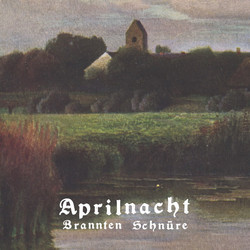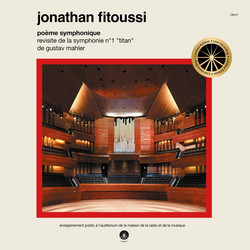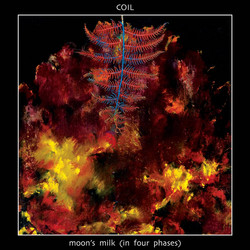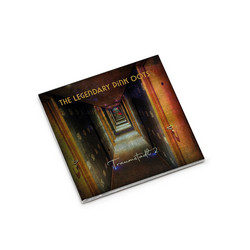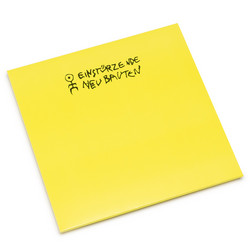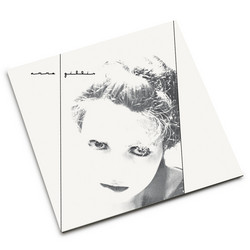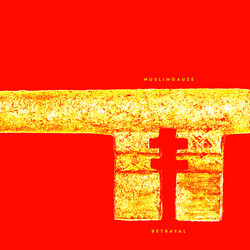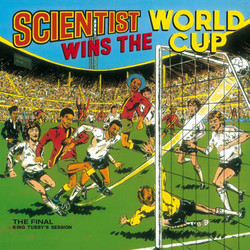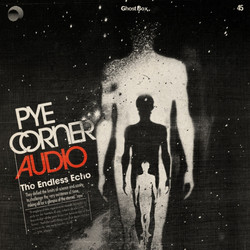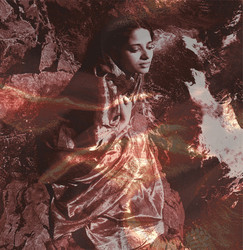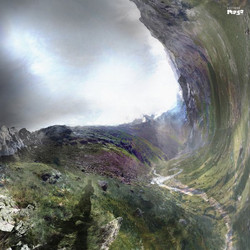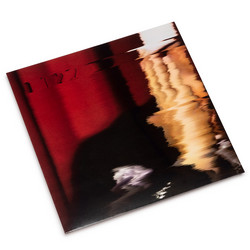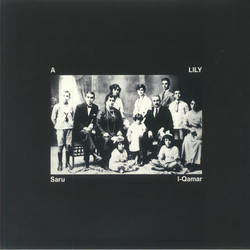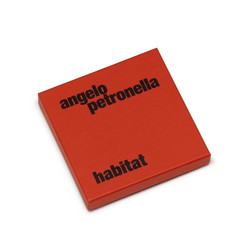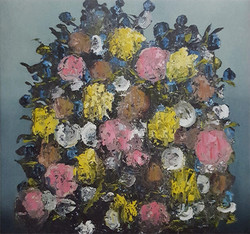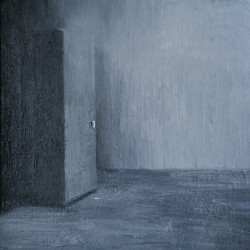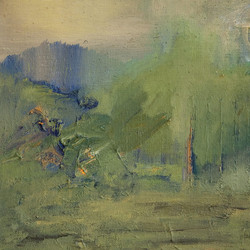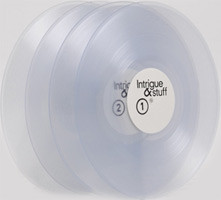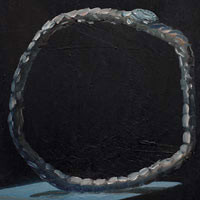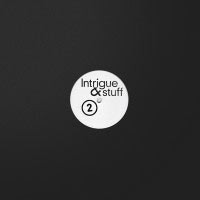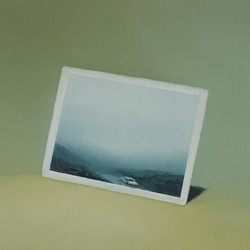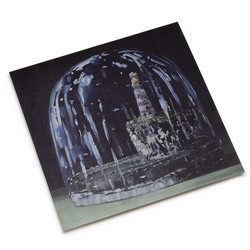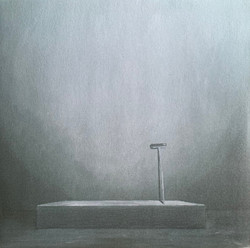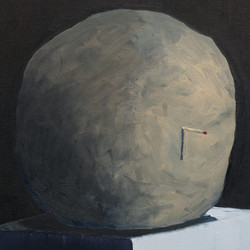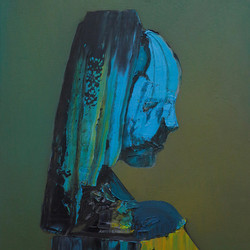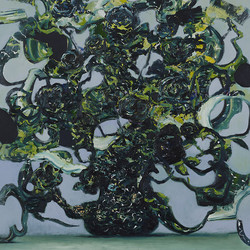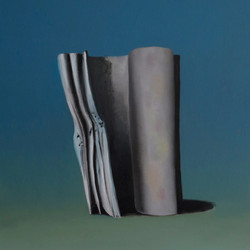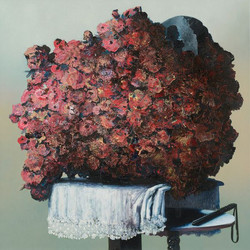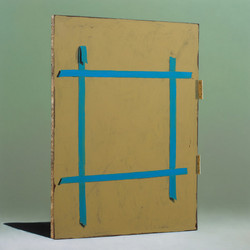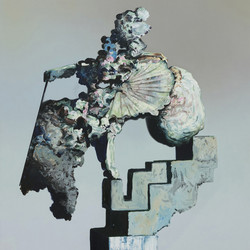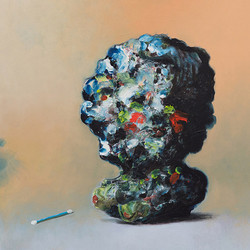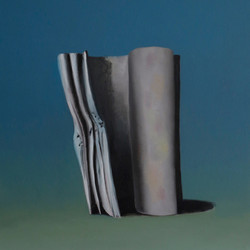Leyland Kirby
Sadly, The Future Is No Longer What It Was Pt.1(2Lp)
The first part of Leyland Kirby, aka The Caretaker's, 'Sadly, The Future Is No Longer What It Was' series, originally released back in 2009 and now finally reissued. It's a prescient hauntological elegy somewhere between Vangelis’ Bladerunner OST, Lynch & Badalamenti’s Twin Peaks score, Erik Satie’s solo Piano works, William Basinski’s gradual tape decompositions and James Ferraro’s washed out visions, like a slowly abstracted Berlin/Manchester night-scape. Tbh it seems to have even more emotional resonance and evokes an even more forlorn beauty today than it did a decade ago... if you've never heard it, you're in for a treat...The series returns to vinyl nearly a decade since James Kirby marked his break with the pivotal V/Vm project and started to wander off into the mists of his mottled memories. It’s may be fair to say that Kirby has picked up a whole raft of new disciples since 2009 who weren’t aware of his earlier work, so this pivotal set re-arrives nicely in the wake of The Caretaker’s latest Everywhere At The End Of Time instalment, as a promised future seems to slip farther out of reach and become replaced with a sort of confused, melancholy resilience. Back in 2009, Kirby explained: "Here we stand, twenty years on from the first CD, and our optimism has been gradually eroded away collectively. 'Tomorrows World' never came. We are lost and isolated, many of us living our lives through social networks as we try to make sense of it all, becoming voyeurs not active participants. Documenting everything. No Mystery. Everything laid bare for all to see”. A decade later, it could hardly have been more prescient. It’s with this pessimistic sense of being that Kirby constructed these incredible pieces, creating a sequence of music designed to overwhelm and absorb, affecting our sense of time and place by tracing and retracing musical steps into a blur, re-using the same motifs with incremental differences, trapped in our own feedback loops of lost emotion. The album starts with a gently soaring piano rendition accompanied by location recordings from Kirby’s Berlin apartment as it stood all those years ago, captured forever for posterity across 15 minutes of the most beautiful music he has ever recorded. It documents an aching sense of loss through both its contemplative duration and quite literally through it’s title - When We Parted, My Heart Wanted To Die (Friedrichshain Memory). The Sound Of Music Vanishing follows and drifts into a beautifully disfigured fug of memory full of mis-shapen strings, distant echoes, lost aspirations. It’s a case in point for Derrida and Fisher’s use of the term ‘hauntological’, filtering osmotic memories of shared culture as well as personal experience of pop and rave music’s unfulfilled political promise. Remember, this album was recorded in 2007 - 2009, which, with hindsight, arguably saw the major calcification of independent music (cheers, Bankers, RSD, Facebook). You imagine Kirby perched, owl-like, watching and listening for the best part of a decade now, absorbing the world’s ills and transmuting them into the ether. The feeling is also reflected in the original artwork by Ivan Seal, whose original composition is painted over and again for each instalment, shifting patterns with traces of what came before them and affecting the layers that succeed them. On this long double album, James Leyland Kirby once again acts as a spiritual bridge, holding fast against the perceived current of time and culture in order to afford a slow, lingering gaze on its ambiguous, ever-shifting ripples and eddies. Like staring at a body of gently moving water, the effect is strangely soothing and meditative, encouraging immersed reflection and dilated focus...
